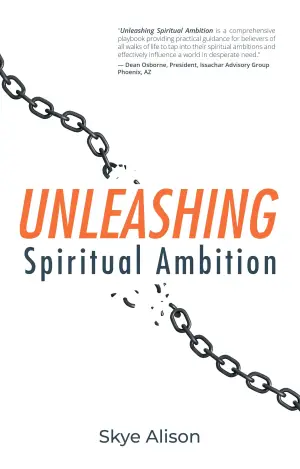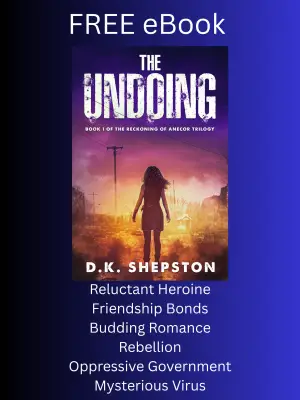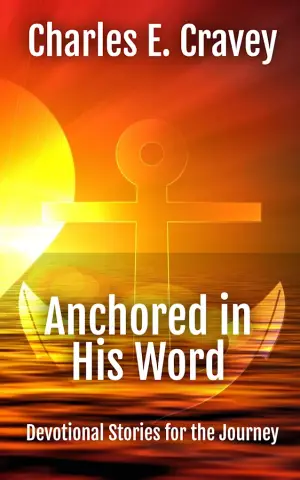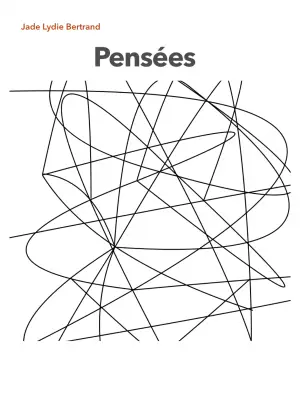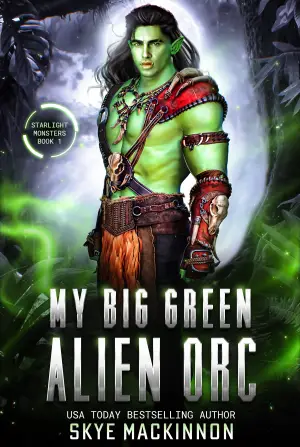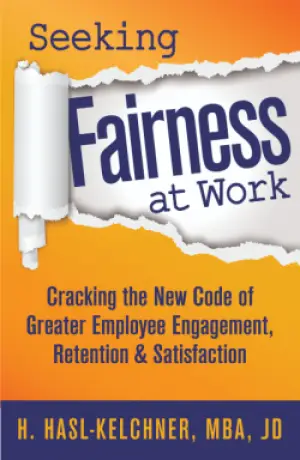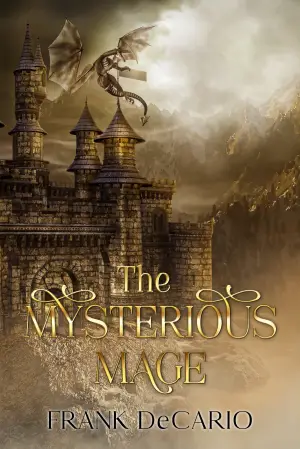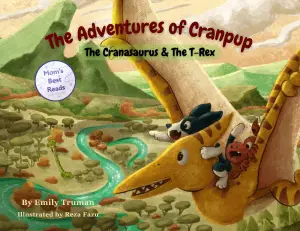Review of The Displacements by Dan Arel: A Tornado of Themes and Tropes
When I first picked up The Displacements by Dan Arel, I was instantly captivated by the premise—a mega-hurricane wreaking havoc in a world that eerily mirrors our own troubling sociopolitical climate. As someone deeply interested in climate change narratives and disaster fiction, I anticipated a gripping tale that would challenge and inspire. What I encountered instead was a whirlwind of ideas that felt as disorienting as the storm it described.
The novel unfolds in the wake of a catastrophic hurricane reminiscent of Hurricane Andrew, pushing a wealthy Florida family into the unforgiving reality of a FEMA camp. This setup had me hooked for the first 100 pages, where Arel’s pacing felt brisk, and the stakes were palpable. However, as the narrative expanded, it became evident that the author’s ambition to tackle pressing issues—racism, sexism, climate change—often overshadowed character development. The characters felt less like fully fleshed individuals and more like caricatures plucked from a 21st-century academic discourse.
One line that struck me was the phrase about “two types of white people,” which set the stage for the author’s self-assured positioning as “one of the good ones.” It was hard to ignore the cringe-worthy moments as Arel dropped terms like "cracker" or introduced a strong Black female character in charge of the FEMA camp—not because she was authentically developed, but rather as an attempt to uplift yet another character adhering to the “strong Black woman” trope.
Speaking of development, the characters driving the plot forward often appeared as sketches rather than individuals: a blue-collar worker turned good ol’ boy, a morally ambiguous insurance salesman influenced by manosphere rhetoric, and a sullen teenager on a path of self-destruction. While trying to represent a diverse swath of society, Arel risked oversimplifying the very issues he intended to dissect.
The plot itself began to spiral into a convoluted mass of sociopolitical themes. It felt like the author was juggling too many not-so-subtle messages—ranging from the opioid crisis to the loss of rule of law—without fully committing to any single narrative arc. Instead, the resolution came not through character actions or growth, but through contrived circumstances like a literal lightning strike. Honestly, I found this resolution unsettling, as it fostered a sense of learned helplessness rather than resilience.
What’s striking is Arel’s closing reflection that we’re “fucked” but can only muddle through life. This fatalism felt at odds with the spirit of many great speculative fiction works that advocate for agency—even in the face of despair. While dystopian fiction often posits that characters can take action to alter their fate, Arel’s story resigned its heroes—and perhaps readers—as mere victims of circumstances.
Who might enjoy The Displacements? If you’re searching for a thought-provoking piece that grapples with the moral intricacies of social issues, you might find value here. However, if you prefer characters who inspire action and optimism even amid chaos, this may not fulfill that yearning.
Reading The Displacements left me pondering the potential impact of our stories. While fiction can vividly reflect our realities, I crave narratives that ultimately uplift and empower, not merely leave us with the weight of resignation. It’s an ambitious work that tries to tackle too much without grounding its narrative in fully realized lives. Ultimately, I wish Arel had taken a more hopeful approach—one that invites readers to wrestle with the complex issues without shying away from the power of agency.

